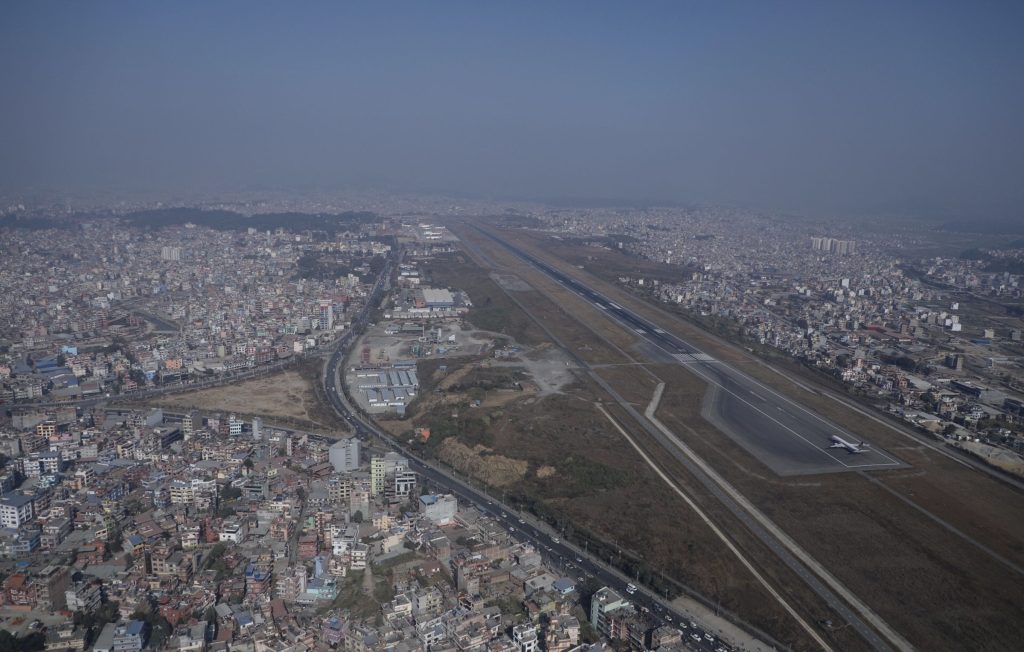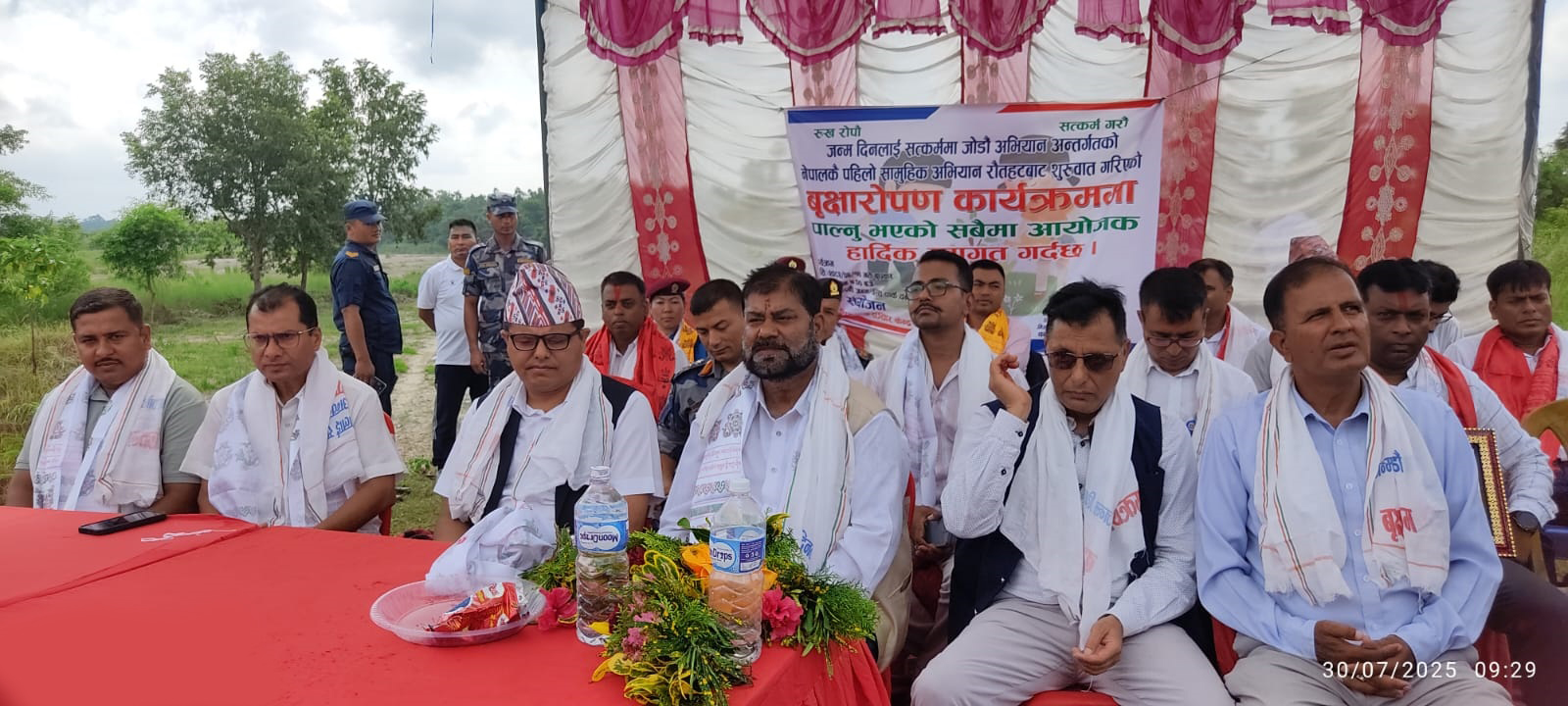Surkhet. Apples worth Rs 337.5 million have been exported from Jumla this season. This record is only for the months of Bhadra and Asoj.
The apple export trend continues until mid-Kartik. According to the details provided by the Agricultural Development Office, Jumla to Ratopati, the export figures are lower than last year. Last year, 9,331 metric tons of apples had been exported by this period, but this year it has decreased to 4,725 metric tons.
Last year, Jumla exported apples worth Rs 612.47 million in total. However, this time, the figures show that there has been a decline in production. According to the Agricultural Development Office, the details received so far indicate that 13,000 metric tons of apples have been produced.
The Agricultural Office has estimated that apples worth up to Rs 450 million can be exported by mid-Kartik. Last year, 19,840 metric tons of apples were produced in Jumla. Now, apple production has decreased. Apple farmers say that this time the hailstorm has caused a decline in production.
According to agricultural experts, the production has decreased due to seasonal effects, challenges in crop management or the time it takes for new plants to produce fully.
The Agriculture Office had prepared a report on the damage caused by hailstorm and rain worth Rs 166.9 million. The Agriculture Office has stated that it is estimated to reach Rs 456 million by mid-October.
According to the Agriculture Development Office, the selling price of apples has increased. Last year, the selling price of apples per metric ton was Rs 65,400. This year, it has increased to Rs 70,000. This is an increase of Rs 4 to 5 per kilogram. Ram Bhakta Adhikari, acting chief of the Agriculture Development Office, Jumla, says that this has provided great relief to farmers.
Jumla is a district famous for apple production. According to statistics, apple farming in Jumla is continuously expanding and is making a significant contribution to the local economy. Jumla apples are exported from Surkhet to markets in Kathmandu, Pokhara, Butwal, Chitwan, Dharan, Mahendranagar, and Dhangadhi.
Increasing area
According to the Agricultural Development Office, farmers’ interest in apple farming is increasing every year. According to preliminary estimates for the current fiscal year (2080/081), the total area planted with apples in Jumla has increased from 4,325 hectares in the previous fiscal year (2079/080) to 4,445 hectares. “This additional expansion of 120 hectares indicates the growing interest of farmers in apple farming,” said the acting chief officer.
Similarly, the area under fruit-bearing apples has also increased this year. Last year, the area was 2,000 hectares, but this year it has increased to 2,125 hectares, which is an increase of 125 hectares. This indicates that production will increase further in the future.
Increase in farmer involvement and awareness
The number of households in Jumla taking up apple farming is also increasing every year. The total number of households involved in apple farming was 19,125 last year. It has now increased to 19,258. Out of the total 24,838 households in Jumla, 77.5 percent of households are involved in apple farming. Similarly, the number of farmers involved in the sale and distribution of apples has also increased from 7,325 to 7,330. However, the number of farmers involved in the sale and distribution business is 525, and this year’s details are yet to be released.
Farmers in Jumla are currently planting local varieties of apples such as Red Delicious, Royal Delicious, Golden Delicious, Red Richard and Jonathan. In addition, improved varieties of apples such as Fuji and Gala are also being cultivated.
The National Agricultural Research Council (NARC) has recommended new varieties of apples like Star Crimson Delicious, Bright and Early and Stark Spur Golden, which are expected to provide more variety and quality to apple farming in Jumla.
The acting chief officer of the Agricultural Development Office said, “We are encouraging farmers to adopt improved varieties and modern farming systems.”
It is estimated that the new varieties can improve both production and market prices. Currently, farmers are involved in planting 5,000 to 40,000 apple trees per farmer.
41.2 percent of apple production in Karnali Province
A variety of grains and fruits are produced in the high hilly regions of Nepal. Apple farming is the main source of livelihood for local farmers in districts such as Jumla, Kalikot, Mugu and others in Karnali, but there is no record of apple production or export in other districts except Jumla.
The government has also not invested in the apple sector in other districts except Jumla. However, no other district produces as much apple as Jumla. Statistics show that 41.2 percent of the total apple production in the country is in Karnali Province.
After the establishment of a horticultural farm in Jumla in 2024 BS, apple cultivation was started in Jumla by bringing apple seedlings from Kashmir, India. Local farmers started establishing apple orchards. Gradually, apple production in Jumla also increased. However, the scope of income sources was limited due to lack of market access. With the construction of the Karnali Highway in 2064/065 BS, Jumla district was connected to various markets including Surkhet and Nepalgunj, and with this, the marketing of apples has also improved.
Under the Prime Minister’s Agriculture Modernization Program, Jumla district was promoted as an ‘Apple Super Zone’ in the fiscal year 2072/073 BS.


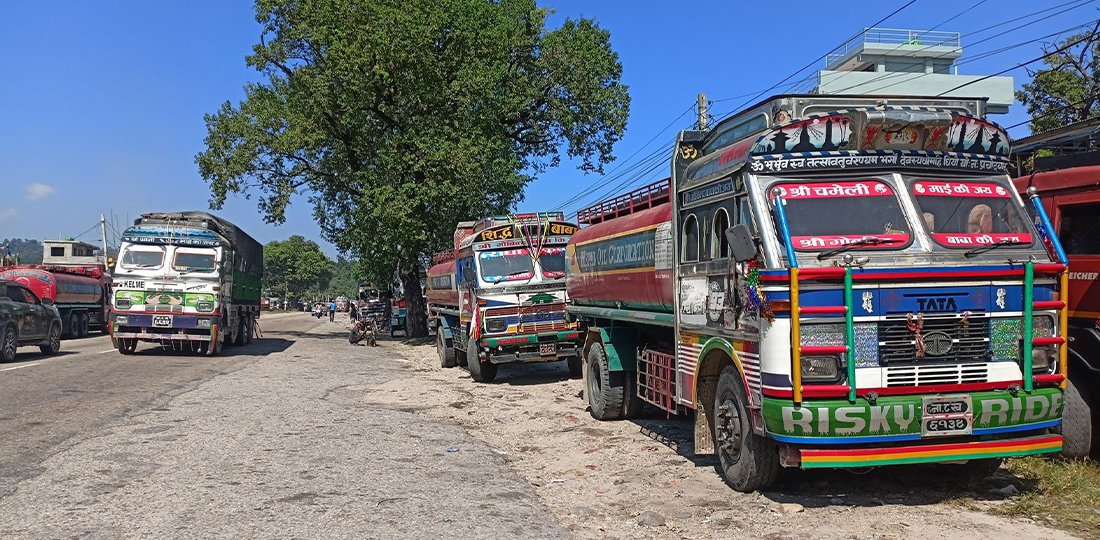











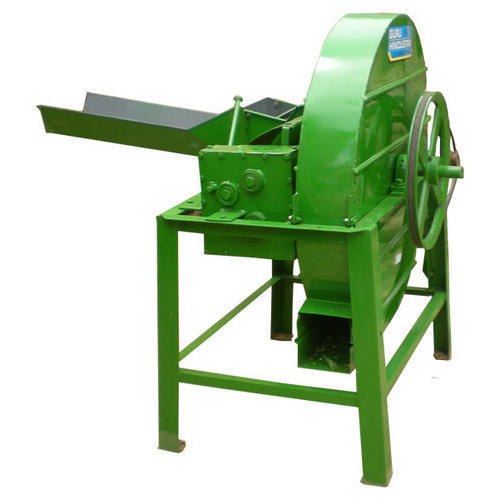
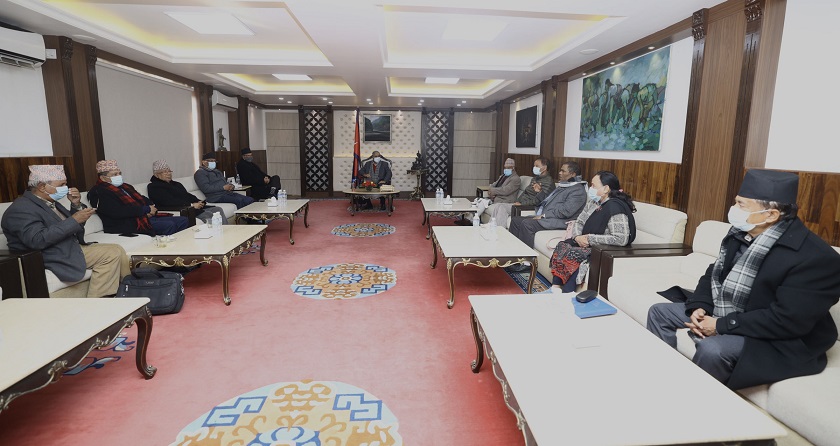

 समाचार
समाचार 



